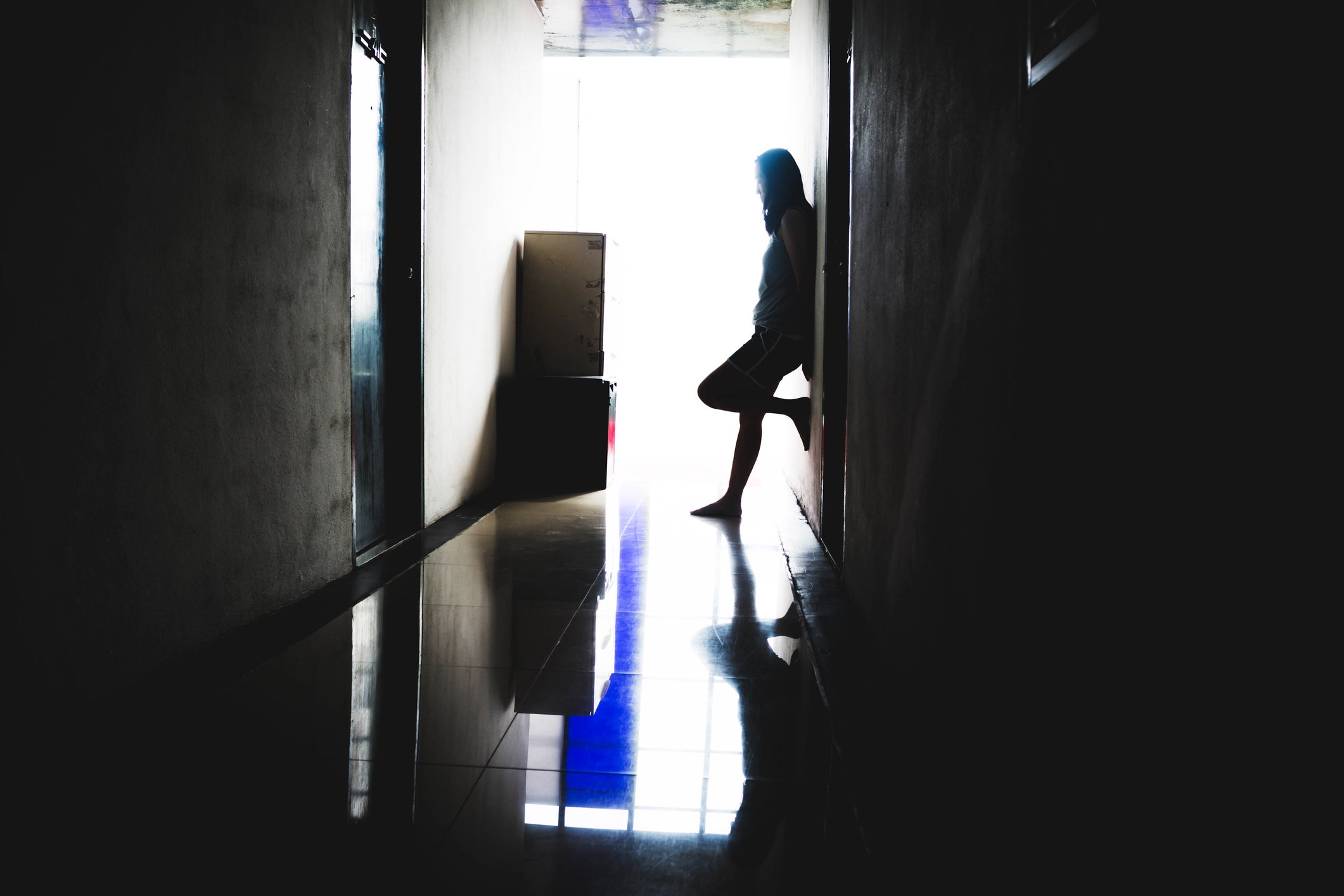Migrant workers paid less than £5 a hour as Home Office visa system ‘enables exploitation’, report finds
Short-term visa routes for care workers and fruit pickers ‘create conditions which enable exploitation’, academics say
Your support helps us to tell the story
From reproductive rights to climate change to Big Tech, The Independent is on the ground when the story is developing. Whether it's investigating the financials of Elon Musk's pro-Trump PAC or producing our latest documentary, 'The A Word', which shines a light on the American women fighting for reproductive rights, we know how important it is to parse out the facts from the messaging.
At such a critical moment in US history, we need reporters on the ground. Your donation allows us to keep sending journalists to speak to both sides of the story.
The Independent is trusted by Americans across the entire political spectrum. And unlike many other quality news outlets, we choose not to lock Americans out of our reporting and analysis with paywalls. We believe quality journalism should be available to everyone, paid for by those who can afford it.
Your support makes all the difference.Some migrant care workers are being paid less than £5 an hour while domestic workers brought to the UK by rich employees are barely paid at all, new research looking at exploitation of visa routes has found.
Academics studying exploitation in the UK have found that short-term visa routes for social care workers and domestic workers “create conditions which enable exploitation of workers” and put them at risk of modern slavery.
It comes after an investigation by the Bureau of Investigation Journalismand The Independent uncovered evidence last year that agricultural workers who came to the UK were publicly humiliated, not paid for all the hours they worked, and forced to live in substandard conditions.
Researchers conducted interviews with 15 migrant care workers from the Philippines, and a number of African countries, who had been employed in the UK. They found that five had overstayed their initial care worker visa and were now employed in exploitative conditions on next to no pay.
Two were being paid less than £5 per hour to do care work and one was only paid around £3 an hour, with her employer deducting an accommodation fee from that.
One person with an overseas domestic worker visa had been brought to the UK by her Kuwaiti employer to care for a family member. She had only been paid £20 for the whole duration of her stay and was given an additional £10 to buy food in London.

Another worker, also on the domestic worker visa, who came to the UK to care for her ill employer from Hong Kong, was not paid at all while in the UK.
Read: Secret report on UK modern slavery the Home Office didn’t want you to see
Seven interviewees were paid below the national minimum wage, with four of these working in private homes and three in institutional settings, such as hospitals and care homes.
One care worker told researchers that they were often sent to around 15 homes in a day, without their travel time being paid at all. They were then only paid for 45 minutes per house to complete a series of tasks, including washing clothes, dishes and preparing meals.
Academics from the Universities of Bristol, Leicester, London, York and Durham found that migrant workers often reported being racially profiled, insulted and constantly surveilled by their bosses.
In one case, a fruit picker was referred to by bosses as “Indonesia”. According to one interviewee, multiple Indonesian workers would respond to the call, which interrupted their fruit-picking, meaning they weren’t able to pick as much in the allotted time, losing them wages.
One worker said she had been bullied by her client’s children and grandchildren, and suspected this was due to racism. She said: “Maybe it’s because I’m from Africa and the others are white.” Another domestic worker said her employer thought of Christians as “dirty”.
People also expressed their concerns about constant surveillance, with one worker saying she was asked through an Amazon Alexa device why she was standing on a table, and challenged on why the device was disconnected while she was vacuuming.
Researchers highlighted a trend for agencies based in the Philippines organising nurses’ and care workers’ travel to the UK and charging significant fees, which may create situations of debt bondage.
For those on the seasonal worker visa, interviewees said that in some cases five fruit pickers were housed in a caravan with three rooms, meaning people had to sleep on the sofa or share a room.
Workers were paying between £65-80 per week for caravan accommodation, excluding utilities, the report found. The rental cost for a three-bed static caravan in Kent was around £225, compared to the more than £420 a week being charged.
A government spokesperson said: “Our points-based system rightly prioritises the skills we already have in the UK, while attracting the talent our economy needs to grow. However, we will not tolerate illegal activity in the labour market [and] will always take decisive action where we believe abusive practices are taking place.
“To address concerns about abuse within the health and care worker sector, providers in England are now only able to sponsor migrant workers if they are undertaking activities regulated by the Care Quality Commission.
“The seasonal workers route has been running for four years and each year improvements have been made to stop exploitation and clamp down on poor working conditions while people are in the UK.”

Join our commenting forum
Join thought-provoking conversations, follow other Independent readers and see their replies
Comments